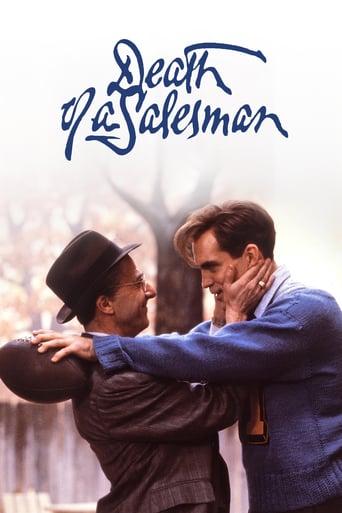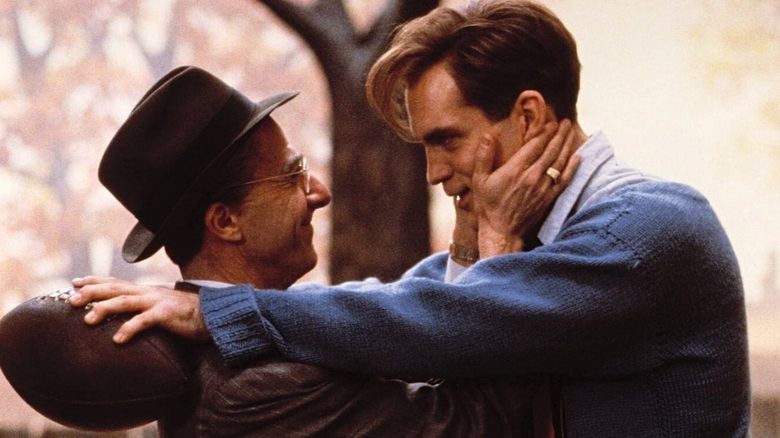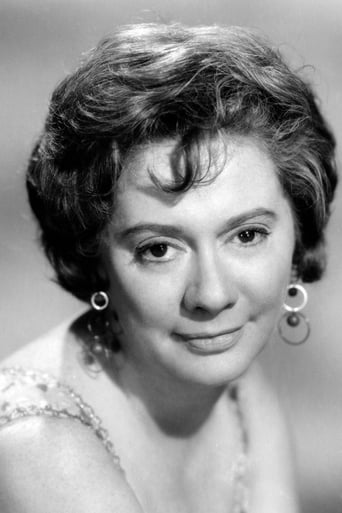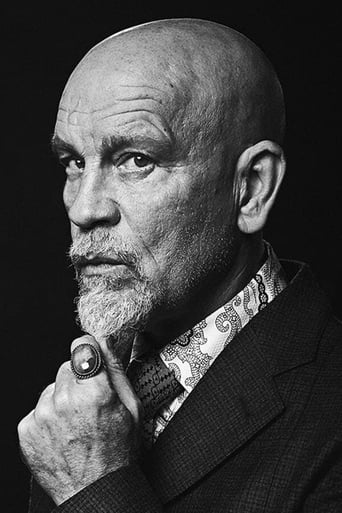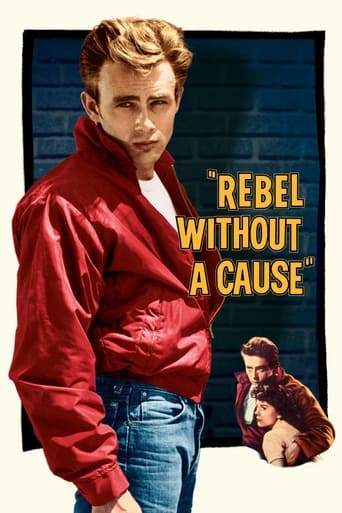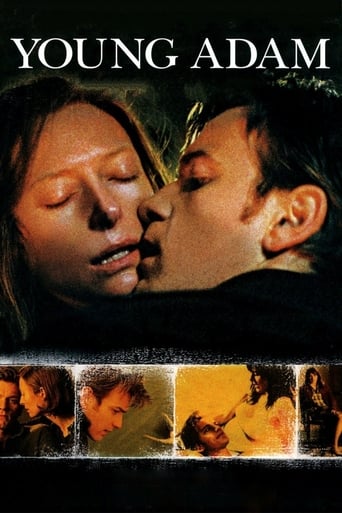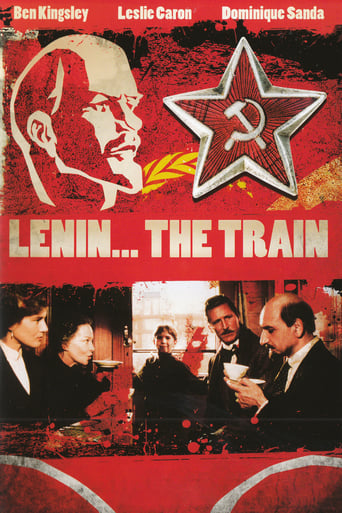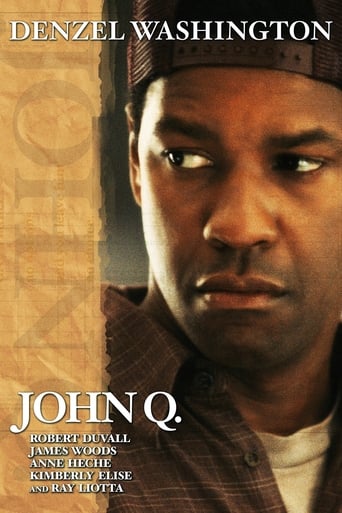Death of a Salesman (1985)
Salesman Willy Loman is in a crisis. He's about to lose his job, he can't pay his bills, and his sons Biff and Happy don't respect him and can't seem to live up to their potential. He wonders what went wrong and how he can make things up to his family.
Watch Trailer
Cast
Similar titles
Reviews
I love this movie so much
Captivating movie !
Best movie of this year hands down!
Blistering performances.
A thought-provoking, heartfelt and tragic story that is based on a Pulitzer Prize winning play, Death of a Salesman is a very compelling character study of an aging man who is blinded by his pride, integrity and overly-ambitious goals he carries for his eldest son. The film expertly evokes themes of work, love, family and fatherhood, as an old salesman struggles to cope with the emptiness of his life, while also constantly being tormented by his own personal frustration and disappointment. Dustin Hoffman gives an outstanding performance in the leading role and is accompanied by a strong supporting cast, with John Malkovich and Kate Reid being particularly noteworthy, as all the characters are key in contributing to the overall moral of the story. However, perhaps the most interesting aspect presented in Death of a Salesman is that it does not seem to invite one to sympathize with the characters and their fate, but rather hopes for the audience to observe the struggles of life and use the film's profoundly touching story as a tool for learning and reflection.
Because of its complex nature, its many morals, its non-linear flashbacks, and its over-the-top characters, I express extreme doubts when believing that Arthur Miller's renowned Death of a Salesman was meant to be read. The iconic play has won several awards, was performed in the 1940's over seven-hundred times resulting in four revivals on Broadway, and has continued to be translated and performed in countries other than the United States, where it originated. For a play, the story of Willy Loman's dysfunctional family has had unprecedented success. As a film, it has had its share of setbacks.To my knowledge, never has a theatrical production of the film been made, which is depressing to note, seeing as directors like Roman Polanski have proved that they can transition a play to a screen-production with little to no constraints. What we were fortunate to get were not only several low-budget, TV renditions of the story Death of a Salesman, but we are grateful to get a telling of the story on film, written by the original author, Arthur Miller, made for the CBS network in September 1985. The story is kept the same, albeit some metaphorical and symbolical changes, as it revolves around Willy Loman, a naive, broken man who has failed at the game of life and business and has halted his family's growth because they are so committed to either boosting their leader's confidence or keeping him from sinking.Willy's long suffering wife is Linda, played by Kate Reid, a miserable, shell of a woman so determined to help her husband through uncertain times she's forgotten how to help and better herself. Their two sons are two equally broken men living at home well into their thirties. They are Biff (John Malkovich, a gifted actor, who gave a terrific performance as Lenny in another acclaimed novel, Of Mice in Men in 1992), a football star brought down by the weight of his failure of a father, and Happy (Stephen Lang), a cocky ladies man replicating who Willy the characteristics Willy once gleefully held; brashness, confidence, and the ability to strike a deal.The main problem with Willy is his naivety towards the business world and to himself; he continues to convince himself that the only thing necessary to succeed in business is a firm handshake and a high likability factor. By doing this, he convinces himself that by possessing those very important traits he can do anything, and yet he hasn't. He is roadblocked by not only that, but by his falsifying sense of optimism, telling himself and everyone around him that he is "not a dime a dozen" but Willy Loman, a unique individual. He is only more upset when he sees how his best friend Charley (Charles Durning) and brother Ben (Louis Zorich) have gone on to lead happy, successful lives with limitless wealth and opportunities, and he is confined to his cramped apartment, told to be himself which does nothing but let everyone down.Willy is portrayed by Dustin Hoffman, a character actor with a barrage of films under his belt. Hoffman's performance of Willy is definitely admirable, but it isn't as layered as one would hope. He is written efficiently as a character victim by his own delusions, but several times does Hoffman seem like he is teetering on the lines of self-parody rather than seriousness, almost the equivalent to a Woody Allen archetype. Nonetheless, he is completely capable in this role, and when he hits the right notes, specifically in Charlie's office and during Willy's final monologue with the family (more commonly known as his "dime a dozen" speech), he truly shows what power and strength he brings to the table.But perhaps the film can be known for not just taking a complex, theme-driven play and creating it into a very, very intriguing film, but also for bringing more style to a made-for-TV movie than anyone ever expected. The replication of the inherent seamy, humidity-soaked New York atmosphere is stunningly portrayed, with Willy Loman's listless agenda to only heighten the gloomy setting. The other aspect is the way the filmmakers constructed the environment. I've read that the set of Death of a Salesman is mainly composed of an old play setting, most likely from a version of the play, meaning several buildings don't have roofs, several backdrops are artificial, and several background buildings are one-dimensional cutouts designed to only give the look of the environment. This isn't as disconcerting as it sounds, but it livens the film to a new height, making it closer to the feeling of an actual play rather than abandoning the stage-feel to favor a more polished cinematic feel.Schlöndorff's directorial efforts to make Death of a Salesman a functioning film and playwright Arthur Miller taking his personal material into his own hands to give fans and newcomers the version he wants on screen have both worked wonderfully. This is a complex picture, doing different things for different people and showing each person a different theme or meaning. Whether it be a commentary on the business world, a tragic story of a once-successful businessman who was never "once-successful," a picture showing an American's tragic existence, a failed American Dream, an insight into the tragic hero, or how one man can collectively bring down his entire family by his own delusional self, this is a gripping story made into a surprisingly efficient film with performances of impact and style to laud.Starring: Dustin Hoffman, Kate Reid, John Malkovich, Stephen Lang, Charles Durning, and Louis Zorich. Directed by: Volker Schlöndorff.
I will not insist on the plot which is so well-known that to ignore it is a proof of incompetent a-social behavior. I will insist here on the performance of Dustin Hoffman, hence on the particular rendition of this play that is kept as a play with real sound stages like in the old days of the thirties or forties. Dustin Hoffman makes this Willy Loman a lot worse than I was used to read it. He is shown, and as soon as his prime, at least, when his sons are in high school, some seventeen years before, he is shown was I saying as a completely paranoid and deranged person. Not deranged because of some kind of gene. But deranged because first of all he got and kept a job even when he was failing, though he was not done for that job. A salesman has to be a born hypocrite and has to be a conqueror: any argument is good provided it brings in the proper signature. So he is rather misplaced and his derangement comes from that misplacement. What's more he was discovered in his total hypocrisy, though in no way commercial and hence unacceptable from the salesmanship point of view since this woman was bringing him nothing but was costing him a lot, by his own son who was coming after him to get the help he needed, but a help that could only be effective if it were based on the truth, truthfulness, confidence, trust. And Willy Loman was lower than low at that moment. It threw his son into some totally absurd and paranoid a-social attitude, a derangement of its own due to the misplacement of his trust in his own father. When that trust was placed back where it belonged, that is to say in the trashcan, the son only had his eyes to cry, his fingers to steal, his flesh to suffer, in prison if necessary. This film pushes the character of Willy Loman slightly too far and his derangement explains then his suicide: he completely lost control of himself. But I would assert the idea that this is not true of that character who in fact commits suicide when he discovers and finally understands that he had not forgotten that silly episode of his son discovering him in the cradle of the revolution with another woman than his mother. I would like to believe that this last act in his life is not the result of his derangement but of his last flash of guilt for having failed and cheated so many people, in a word a suicide of divine justice coming from the last flash of consciousness of that man who might have been able to be anything but a loser. Even if I disagree with the vision of Schlondorff, I must say the rendering of the character, the acting of the actor and at times the overbearing-ness of the over-acting of the actor is absolutely remarkable and logical and of one piece from beginning to end. That man is not old. That man is not worn out. That man is not vain. That man is not a perambulating lie. That man is sick in his head, crazy, deranged to the extreme point of insanity and thus extremely dangerous since he projects his hatred of that unbearable situation onto everyone around him, even, and particularly, those who love him.Dr Jacques COULARDEAU, University Paris 1 Pantheon Sorbonne, University Paris 8 Saint Denis, University Paris 12 Créteil, CEGID
Willy Loman is a salesman, who gets no salary anymore and works with mere commission.He's 63 years old and he's tired of traveling around the country.His wife Linda understands him and loves him.His sons, Biff and Happy are visiting home.Willy has a troubled relationship with Biff.His son once loved and admired his father very much.It all changed when he found out about his father's crime, of committing adultery. Loman is losing his mind.He can be living two times at the same time.He steps from today's world into the past, mostly those joyful times of his life.He speaks with his now deceased brother Ben, who went to Africa and became a wealthy man.I read the original play by Arthur Miller that was published in 1949 pretty recently and liked it very much.Volker Schlöndorff's Death of a Salesman (1985) is a movie version of that.It was seen on Broadway a year earlier.All of the actors are remarkable.There's not one weak performance.Dustin Hoffman, what a perfect choice to play Willy Loman.He's always great but this time he really tops himself.Kate Reid gives a strong performance as Linda Loman.John Malkovich and Stephen Lang are great as the sons, also as the younger versions of them.Louis Zorich is really brilliant as Ben Loman.Charles Durning is excellent as Willy's neighbor and only friend Charley.And so is David S. Chandler as his son Bernard.Jon Polito gives a good performance as Willy's boss Howard.Linda Kozlowski is wonderful as Miss Forsythe.And so is Kathryn Rossetter as Woman from Boston.The strength of the play is in the characters.You care about many of them. you hope something good would happen to Willy, despite his flaws.The title of the play gives away the ending but it's intriguing to find out what events led to that.Death of a Salesman is a great American play and this a great movie made of that play.
